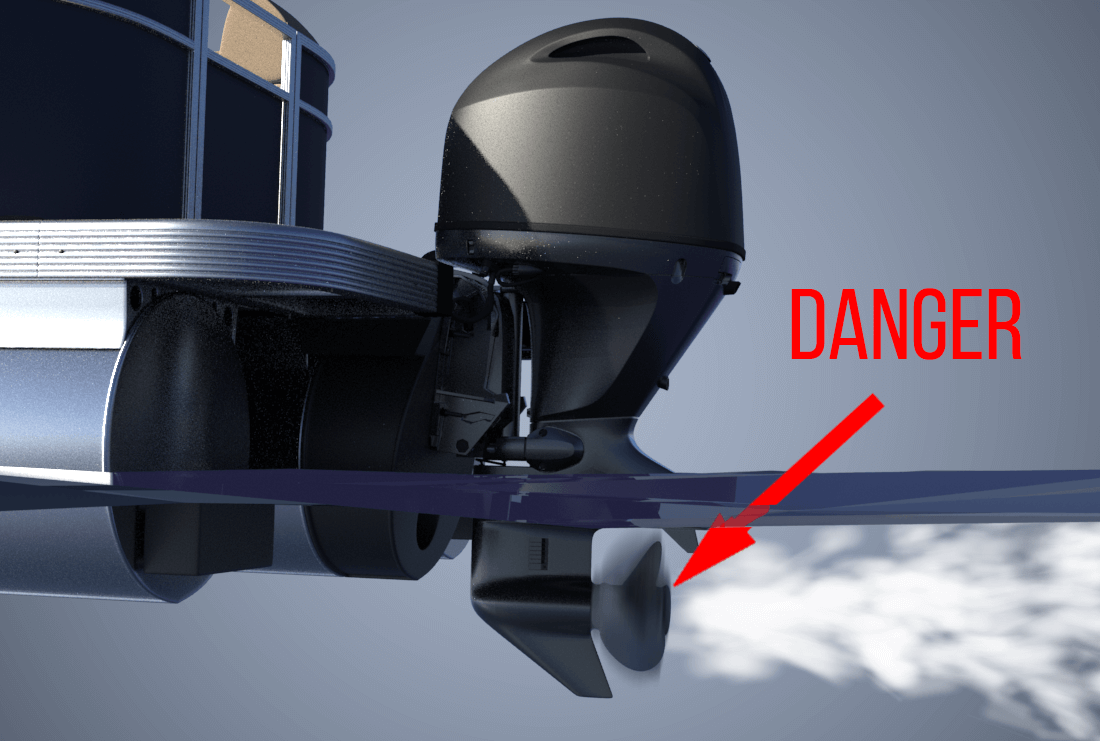Boat propeller accident
Out of sight, out of mind might best describe a very serious hidden danger in boating. Because of the speed and torque, this hidden danger has the potential to kill, mangle or permanently disfigure an unsuspecting person in the water. That hidden danger is the boat engine propeller ("propeller strike").
What is a propeller strike on a boat?
A boat propeller strike occurs when the blades of a propeller come into contact with a person in the water, resulting in a potentially dangerous accident. Propeller related accidents represent 4 percent of all boating fatalities, with a growing number of injuries.
What is the primary cause of propeller strike accidents?
The primary cause of propeller strike accidents can be attributed to the operator's lack of attention or negligence.
How do boat propeller strike happen?
Operating below the water line, the propeller is not readily visible to the operator, passengers, swimmers, skiers, etc.
Common propeller strike events include “crew-overboard” and/or “circle of death” incidents. If you have a “crew overboard” event, you should immediately turn toward the person in the water in order to push the stern in the opposite direction. Simultaneously, you should shift to neutral to stop the propeller from spinning.
What exactly is the "circle of death" phenomenon?
The "circle of death" occurs when boat operators let go of the steering wheel that result of a sudden and dramatic swerve of the boat, ultimately throwing the victim into the water. This circling action has the potential of creating a situation in which the operator, now in the water, risks being run over by the boat and potentially hit by the propeller.
How can you reduce the risk of someone getting hit by the propeller?
- Make sure everyone on board is seated properly before starting the engine.
- Never run the engine while people are boarding or unboarding.
- Do not allow passengers to stand, sit on the transom, gunwales, seatbacks or bow while underway.
- Do not operate within close proximity to people in the water. This includes swimmers, skiers, divers, etc.
- Keep a sharp lookout.

Which devices could reduce the risk of a "propeller strike"?
- Propellers guards, which fully or partially surround the propeller.
- Interlocks which, if certain conditions exist, automatically shut off the engine.
- Sensors that can be worn by individuals and electronically stop the engine, sound alarms, etc., if they go overboard.